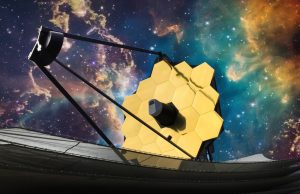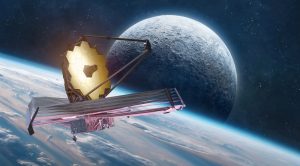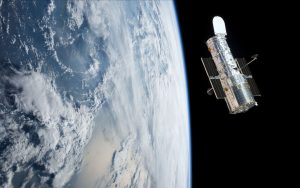Hubble’s Revelation of a Water-Bearing Exoplanet.
Others are reading now
A team of astronomers utilizing the Hubble Space Telescope has made a significant breakthrough in exoplanetary research. They have identified traces of water molecules in the atmosphere of a relatively small exoplanet, GJ 9827d, situated 97 light-years from our planet.
According to CNN, this exoplanet, notable for its modest size – approximately twice the diameter of Earth – is now recognized as the smallest celestial body outside our solar system to have water vapor detected in its atmosphere.
The discovery, detailed in a recent publication in The Astrophysical Journal Letters, adds a new dimension to our understanding of planetary formation and composition. While water is a crucial ingredient for life as we know it, GJ 9827d’s exceedingly high temperatures, comparable to those of Venus, render the planet inhospitable for life forms. The extreme heat essentially converts its water-rich atmosphere into a vast expanse of steam.
This fascinating find has opened new avenues for astronomical exploration, particularly in understanding the atmospheric makeup of distant worlds. The research, spearheaded by Laura Kreidberg from the Max Planck Institute for Astronomy and Björn Benneke of the University of Montreal, represents a significant stride in the quest to characterize Earth-like exoplanets.
Also read
The planet orbits a red dwarf star in the Pisces constellation and was initially discovered by NASA’s Kepler mission in 2017. Over a span of three years, astronomers captured data during the planet’s 11 transits across its star, utilizing the starlight passing through GJ 9827d’s atmosphere to detect the signature of water molecules.
Two potential theories about the planet’s atmospheric composition have emerged from this study. It might be a smaller version of a Neptune-like planet with a hydrogen-rich atmosphere, or it could resemble a hotter variant of Europa, one of Jupiter’s moons known for its icy crust and subsurface ocean.
The detection of water in GJ 9827d’s atmosphere is a cornerstone in the ongoing search for extraterrestrial life, underlining the importance of water in the cosmic quest. It also sets the stage for future investigations by the James Webb Space Telescope, which is expected to provide more comprehensive data on the elemental composition of such distant worlds.
This milestone in space exploration not only deepens our understanding of the diverse planetary atmospheres but also fuels the anticipation for what other secrets the universe may hold.








